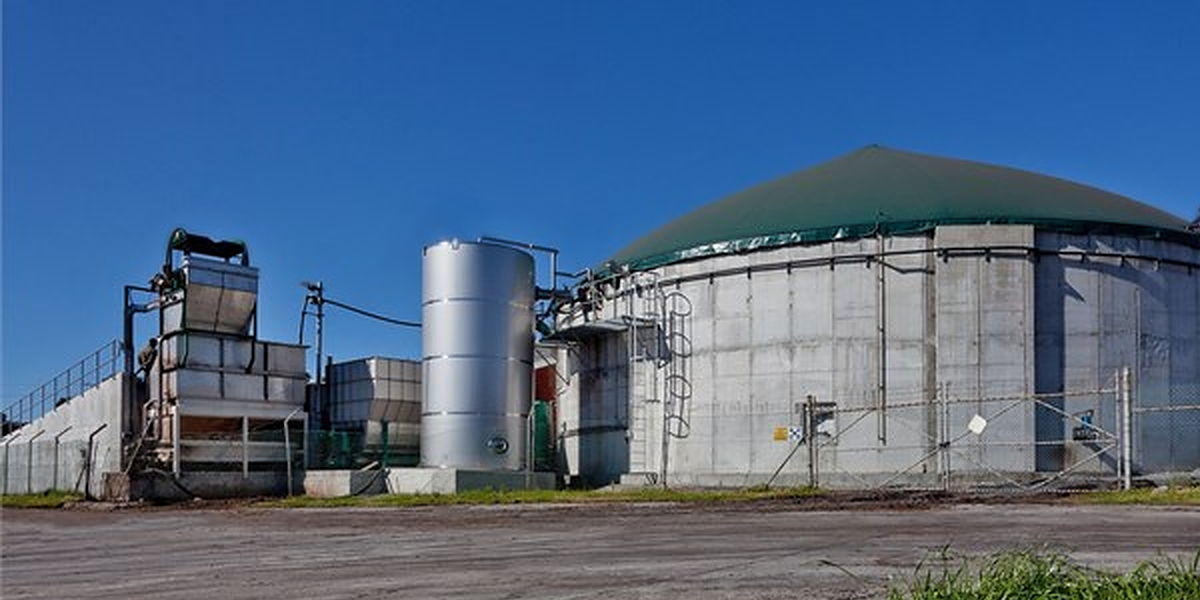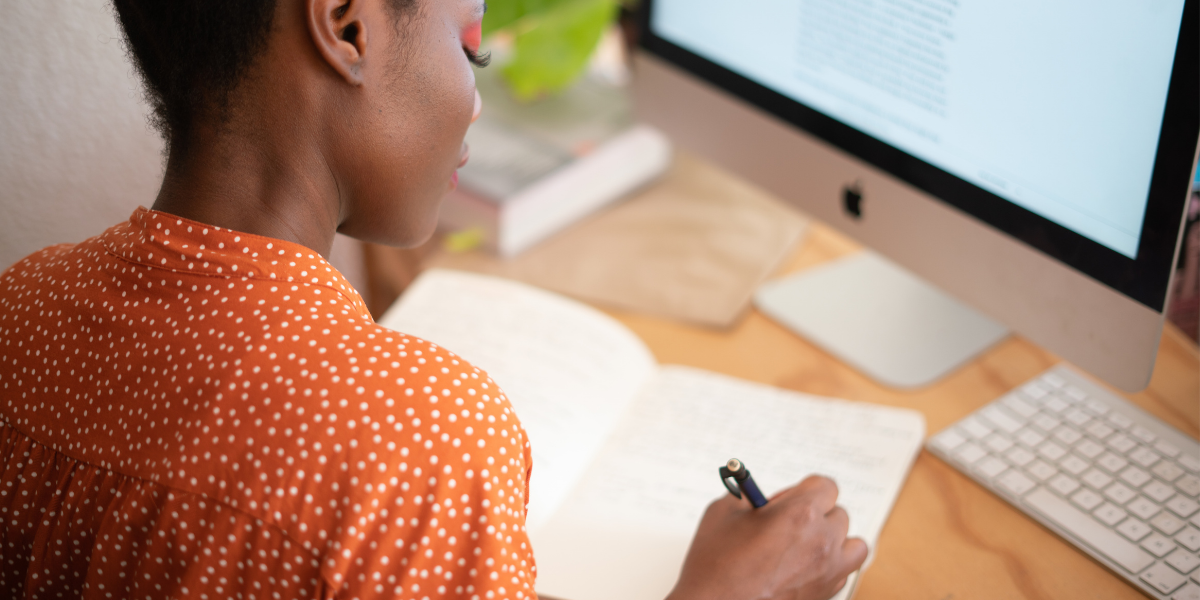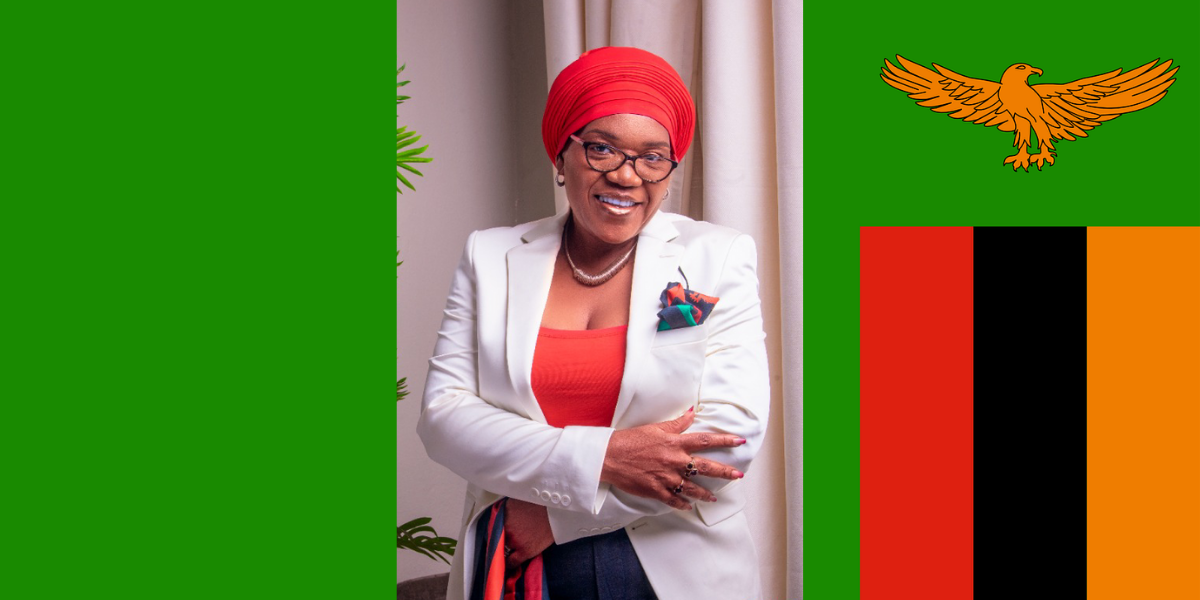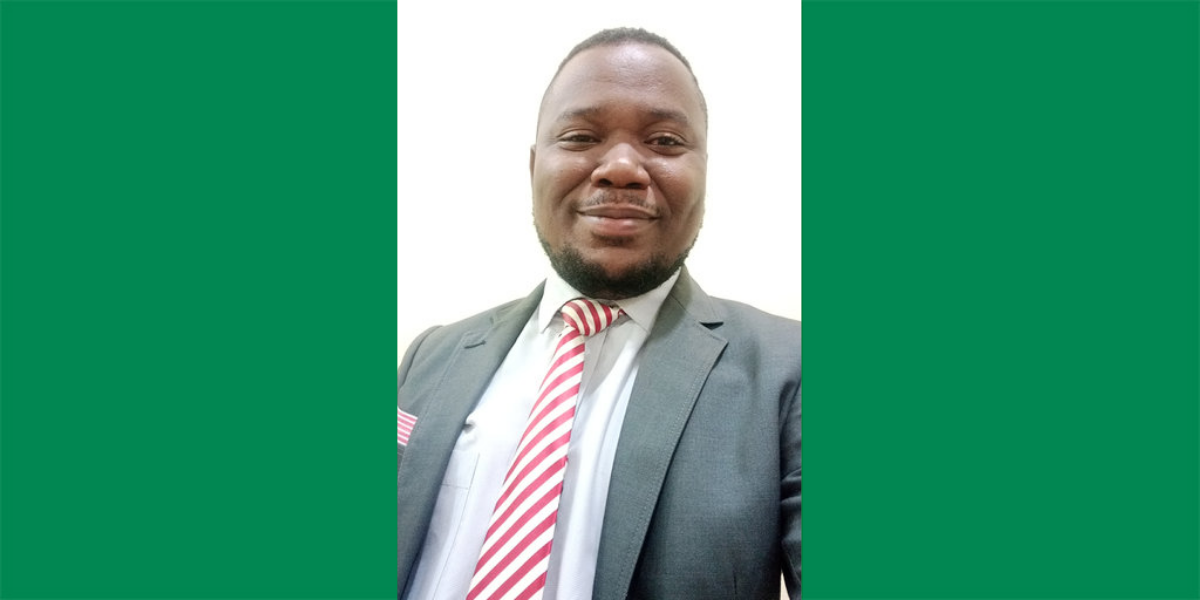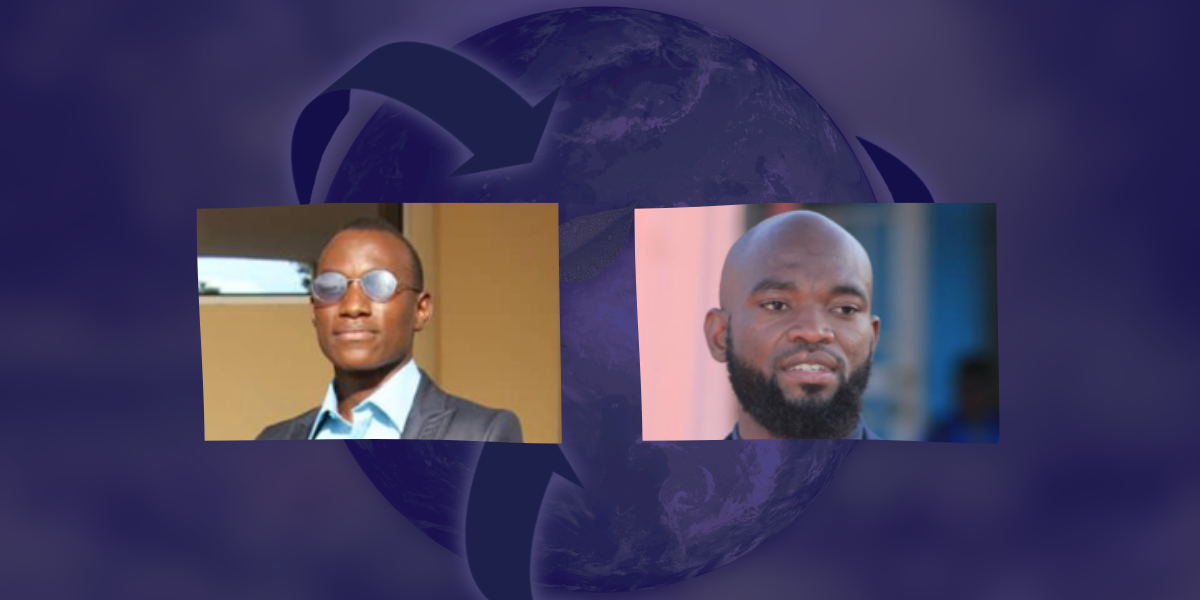
The ACCELERATE Circular Economy programme which was held under the ACTUATE banner has recently concluded. The programme was started to support education and capacity building to enhance understanding and acceptance of the aims of the ACTUATE project and the wider circular economy. We engaged with students from our partner institutions in Africa and each week we presented them a video around the circular water economy space and gave them activities or exercises to engage with which they submitted on a WhatsApp group. Following the programme’s conclusion, we took the time to ask the students about their experience on the programme and their learnings.
Benjamin Ngulube Kasinja, The Catholic University of Malawi
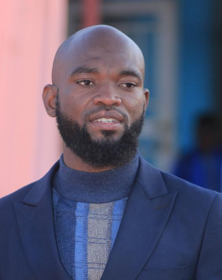
Benjamin Ngulube Kasinja
What is Your full name and institution and tell me how you got to hear about the one month programme on circular water economy and bioenergy?
My name is Benjamin Ngulube Kasinja from The Catholic University of Malawi. I heard about the one month programme on circular water economy and bioenergy from one of the lecturers from Mzuzu University here in Malawi and being an environmentalist I was very interested, hence he shared the required details for me to join.
What is your personal understanding of the terms ‘circular economy’ and ‘bioenergy’?
Circular economy is a term used to understand how waste (solid, liquid) and resource management contributes to a resilient environment and human well-being. It focuses on 4 R’s – Reduce, Reuse, Recycle & Repair. It aims for Eco-Innovation i.e. to develop new products, processes, interventions and services that deliver benefits to both society and the environment.
Bioenergy is derived from organic materials, such as wood, agricultural crops or organic waste. It can be used in liquid forms such as biofuels, in gaseous forms like biogas, or in solid forms, as is the case when burning wood for energy. It is also used to generate electricity, heating, cooling and transport.
What are the key challenges to the success of bioenergy in Africa?
Quality of Waste: In Africa for the most part we do not segregate wastes, hence both biodegradable and non-biodegradable wastes are mixed making it laborious and difficult for someone who want to use the waste for Biogas.
Lack of Political will: most government agencies and policies in Africa do not support initiatives like biogas, so that should start being implemented on a larger scale.
Lack of start up capital: these initiatives require some materials that need to be procured at a cost, so if we are to scale down the approach most communities won’t be able to afford such equipment.
What has been your experience and most important learning on the programme as regards your career after graduation?
It has been a good journey that has equipped me with practicals and not only theory, hence after graduating I will be one of the environmental stewards out there that will come up with clean energy sources as part of self-employment and also of saving the environment further. The holistic approach will be applied to the surrounding communities so that together we might come up with a big clean source of energy and also taking care of our precious resource water.
Will you recommend the programme to other students and why?
Yes, because this is a hands-on programme which is addressing cross-cutting issues that Africa is facing i.e. Climate Change, unemployment etc. hence the need for fresh graduates to be coming up with new ideas and innovations to create solutions from these challenges and building a resilient generation.
Francis Mwanza, The Copperbelt University
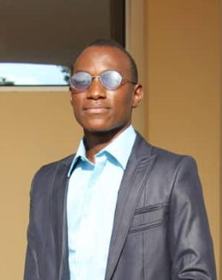
Francis Mwanza
What is Your full name and institution and tell me how you got to hear about the one month programme on circular water economy and bioenergy?
My name is Francis Mwanza from The Copperbelt University. I heard about the programme through Dr. Munalula, the Head of Department of Biomaterials Science and Technology in the School of Natural Resources at the Copperbelt University.
What is your personal understanding of the terms ‘circular economy’ and ‘bioenergy’?
Circular Economy: it is an economy that balances economic development with environmental and resources protection. It aims to keep materials, components, and products in-use in the economy for as long as possible.
Bioenergy: it is a form of renewable energy that is derived from natural resources such as biomass to generate heat, electricity, and fuels.
What are the key challenges to the success of bioenergy in Africa?
Key challenges include: Making bioenergy cost-competitive with petroleum products; lack of access to advanced equipment and technologies to grow the bioenergy industry; limited number of trained personnel in the bioenergy field; lack of continental bioenergy experience for lessons and distribution infrastructure; and weak government policies in relation to the bioenergy industry and its products and a lack of awareness and financial support.
What has been your experience and most important learning on the programme as regards your career after graduation?
I have had a great experience for the past month and the programme presented a great opportunity for me to encounter and interact with brilliant minds from different parts of the world. It helped me gain access to lucrative, viable, and more feasible ideas from different individuals who were also part of the RECIRCULATE and ACTUATE projects. The ideas that were presented will help me grow my career as a Bioenergy Scientist and become more knowledgeable about the circular economy and the bioenergy industry as a whole.
Will you recommend the programme to other students and why?
Yes, I would recommend the programme to other students because it opens up one’s mind to a pool full of excellent workable ideas that can help us to change the way we see and handle our environment. The programme also creates great awareness of how best we can try to achieve the United Nations Sustainable Development Goals (SDGs).
All articles in The FLOW are published under a Creative Commons — Attribution/No derivatives license, for details please read the RECIRCULATE re-publishing guidelines.
